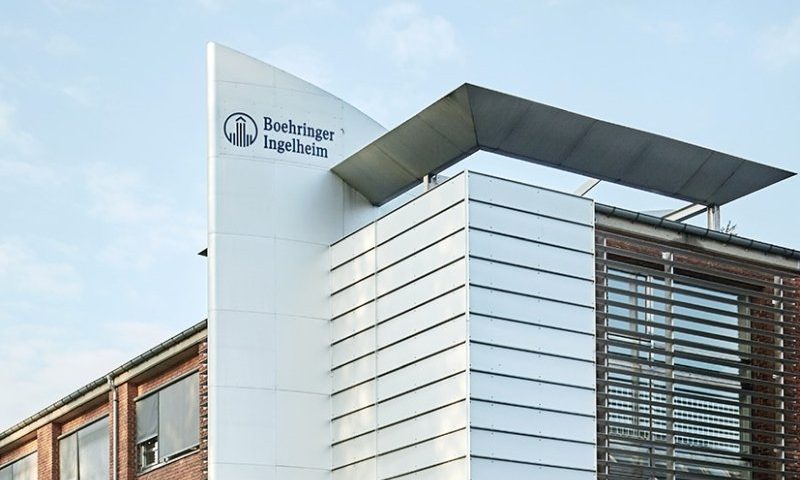Back in 2014, a German pharma and a then largely unknown fellow German biotech in CureVac penned a $600 million mRNA cancer pact.
Seven years down the line, that’s been axed, leading to searching questions about CureVac’s future after it failed to match the efficacy of rival mRNA COVID vaccines.
Buried in its financials posted Monday morning, CureVac quietly reported that Boehringer Ingelheim has walked away from the deal, which was penned in 2014 and included $45 million upfront plus $556 million in biobucks.
The pair had originally partnered on the biotech’s therapeutic vaccine aimed at lung cancer, with Boehringer grabbing global sales rights to CV9202 (now known as BI1361849). The pharma company planned to pair the vaccine with its own Gilotrif (afatanib) for non-small cell lung cancer, with added plans to combine CV9202 with chemo/radiation therapy for inoperable stage III non-small-cell lung cancer (NSCLC).
While cancer vaccines have had a bleak history in the clinic in recent years, Boehringer believed at the time that CureVac’s mRNA approach had the potential to kick up a powerful immune response that could succeed where others have failed.
That doesn’t appear to have panned out, however. In a brief statement amid the financials, CureVac said that Boehringer Ingelheim moved to terminate the collaboration agreement on BI1361849 in June, effective in November.
“The legacy program, targeting specific immune responses against tumor-associated antigens frequently overexpressed in patients with non-small cell lung cancer (NSCLC), applies an older protamine formulation technology, which reflected the state of the technology development at the time,” CureVac said.
The company did say that a phase 1/2 test in NSCLC with BI1361849 as a combo therapy “is ongoing,” and that both companies “are currently assessing options to continue a collaboration on CureVac’s RNA technology platform based on state-of-the-art LNP-based formulations.”
This comes two months after CureVac showed relatively weak efficacy results for an mRNA vaccine against COVID-19, contrary to many observers’ predictions. The shot showed only 47% efficacy at preventing any severity of the disease. Other rival shots saw efficacy over 90% in earlier trials—though viral variants have now reduced efficacy some for all shots.
CureVac is still gunning for European approval for its vaccine and has an mRNA deal with U.K. Big Pharma GSK ongoing.

